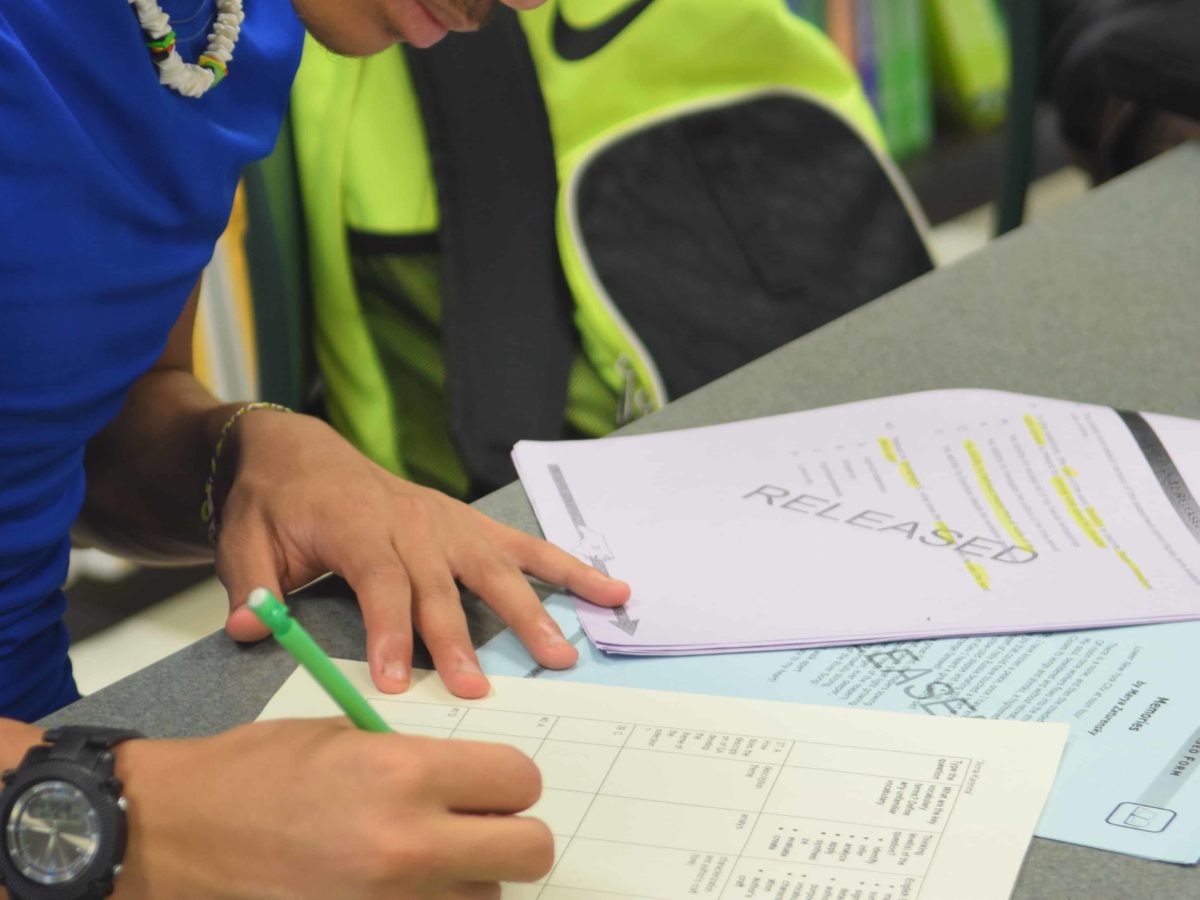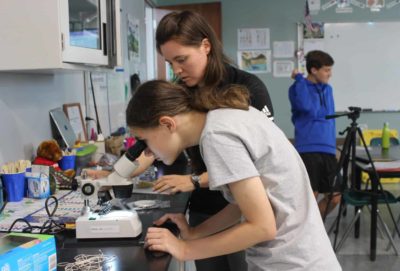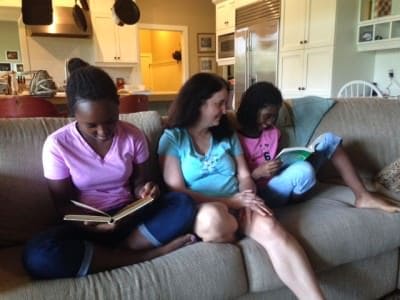
The new school year is fast approaching, but policymakers remain rattled by testing boycotts that swept the nation this spring. From New York to California, hundreds of thousands of parents pulled their children out of end-of-year tests.
Just say no, a mantra from another era, has been rebranded ― now as the rallying cry of the testing opt-out movement.
Implications for test-based accountability are obvious: Exams are useless if kids don’t take them. Repercussions for parent-school partnerships are murkier, but worrying. Many parents feel disenfranchised. Ignored. For them, top-down reform, testing excess, and interminable test prep have coalesced into an intolerable mix.
Online, parents are blogging, sharing, and petitioning. Offline, they’re taking action. Their message to those in charge is simple, succinct: Standardized testing is out of control. Stop it, or we will.
New York is at the core of the opt-out movement. This spring almost 200,000 students skipped Common Core exams. In New Jersey, news reports indicate 15 percent of high school juniors boycotted Common Core tests. In other states, opt-outs surged.
Certainly, Common Core wars have fanned flames of test opposition. In some states using Common Core exams developed by federally funded consortia, parental resistance is particularly high.
But ire over testing predates Common Core. Opposition has grown steadily since No Child Left Behind’s onerous testing requirements took effect over a decade ago. The federal law also mandates 95 percent student participation in annual exams, so schools feel the heat as opt-outs rise.
In North Carolina, the opt-out movement is still “small and scattered,” says Pamela Grundy of Mecklenburg ACTS, a group opposed to high-stakes testing. Grundy, whose eighth-grade son hasn’t taken end-of-grade tests for two years, explains why parents are turning to activism: “Everyone talks about involving parents, but no one really does it.”
Unlike some states, North Carolina has no official opt-out procedure. Instead, families “refuse” tests, sometimes with unclear consequences for students. According to Tammy Howard, director of accountability services for the N.C. Department of Public Instruction, DPI isn’t tracking refusals in a database and is “not aware of a significant increase.”
Could refusals build? Yes.
Grundy says she hears from lots of dispirited parents of special-needs children, “for whom the tests are just torture.” This spring in a News and Observer op-ed, Mary Nelson, mother of a special-needs child, called on state lawmakers to pass an opt-out provision enabling her son and others like him to forgo end-of-grade exams they cannot pass.
Yet the wheels of change grind slowly. Nationally, Congress is debating long-overdue revisions to No Child Left Behind. Changes would provide states with greater testing flexibility.
In North Carolina, a State Board of Education task force on assessment just concluded its review. Recommendations encompass a three-year plan, leveraging assessments to inform instruction more effectively.
“We have to test smarter,” says task force chairman Buddy Collins. The task force is recommending a pilot study for this school year, looking at the “feasibility” of interim assessments for third- to eighth-graders.
Replacing end-of-grade exams with a test that compares North Carolina students to their peers nationally also may be an option. For high school, the task force recommends “a national assessment suite” in core content areas.
Testing smarter makes sense. So does testing leaner. Some assessment is necessary ― for accountability and objective feedback. But what we have now is much too much.
That, and more, is what parents nationwide are protesting. Isn’t it time to listen? Common Core standards require students to “engage effectively in a range of collaborative discussions” with “diverse partners.”
Now would be the perfect time for policymakers to show kids what that looks like.
Recommended reading



